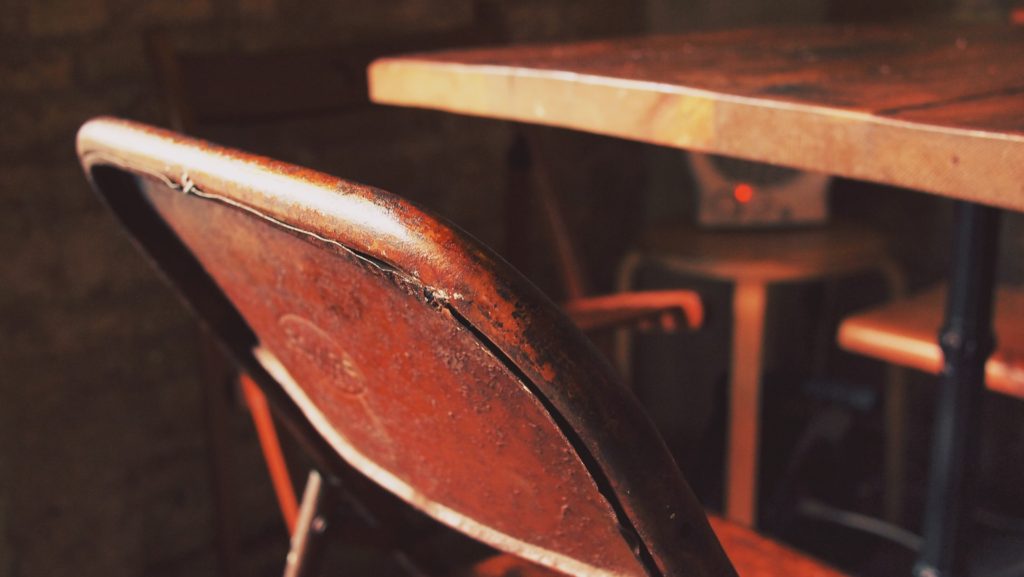
Northwest Christians are caring, conscientious, and friendly. So why won’t they invite you into their homes?
I’m a bit of a Nomad. I was born in Alabama, raised near Detroit and, since leaving Michigan at 19, I have lived in many places from Florida to Alaska, North Carolina to Nevada, and all parts in between. Four years of our ministry was devoted to traveling over 60,000 miles a year all over North America.
One benefit of traveling so widely: it gives you an opportunity to see the distinctives of different places and cultures emerge.
One of those differences we observed was in hospitality. We found that hospitality varies from place to place, and even by tribe and ethnicity. We found the maxim about southern hospitality to be generally true, even though, sadly, we were driven out of the South by acts of violent racism. But in general, we found that Southerners, Native Americans, and other ethnic minority groups are the ones most likely to invite you in their homes and want to feed you as part of their welcome. In these cultures, “coming to dinner” is embedded in their ethos of community.
When I moved to the Portland area my family and I were amazed at how friendly people were. We even asked if they put something in the water up here. This was a welcome relief to the experience we had just gone through in Kentucky. We joined a church, thirsty for fellowship. We wanted to make friends and share our lives. The church was small—fewer than 100 people—but as nice as the congregants were, no one ever invited us into their homes. At the same time, we had begun inviting others into our home, but inviting people over rarely led to deep friendship. I was perplexed. Was it just us? I began to ask others in my church about their experiences.
What I learned was both comforting and disturbing. It wasn’t “just me.” The others I spoke with shared a similar experience to ours. And it wasn’t just folks in our church. I found the same phenomenon was also true in other churches in the area. I widened the circle of inquiry into Portland proper until I discovered that this pattern was a characteristic of the Northwest. I was told around here it was called “Portland Polite.” People were so “nice” they didn’t dare obligate you to share dinner.
Don’t get me wrong. I love the Northwest and especially the Willamette Valley, where I live. After travelling the globe, I would not want to live anywhere else. And, I would guess the happiness index is pretty high here, especially during spring and summer as people venture outdoors to explore the Coast, the Mountains, and the endless trails. People tend to like their jobs; move here to go to school; enjoy the outdoors; gather for lots of meetings, rallies and other events. Yet what I have not found to be a standard is people inviting each other into their homes for a meal. Out to coffee? Sure, all the time. But not in one another’s homes.
Those of us in the Northwest who follow Jesus could grow in this area. A few years ago, I wrote a book about shalom, Shalom and the Community of Creation: An Indigenous Vision. As I researched for that book, I learned much about the shalom kingdom Jesus lived and taught. One of those truths is that the first step of shalom is most often through exercising hospitality and generosity, especially to strangers and the marginalized. That holy triad of the treatment of widows, orphans, and strangers is a good measurement for whether the kingdom of shalom has come. Shalom, at least partially, rests upon a foundation of hospitality. Being in one another’s homes is also the norm in the New Testament. I love the admonition in 1 Peter 4:8-9:
Most important of all, continue to show deep love for each other, for love covers a multitude of sins. Cheerfully share your home with those who need a meal or a place to stay. (NLT)
The first followers of Jesus were in homes constantly. First century folks didn’t have church buildings, but I’d say they did pretty well without them. In Luke 15:1-2 Jesus sat down with the notorious sinners, welcoming them and eating with them.
I think the Northwest has a lot going for it. Maybe it’s time for the followers of Jesus to influence the Northwest culture by simple and even random acts of hospitality to strangers, notorious sinners, and others. Create a culture of hospitality at your table, and then set a place for Jesus too. When you are hospitable to others, he’s likely to show up!
